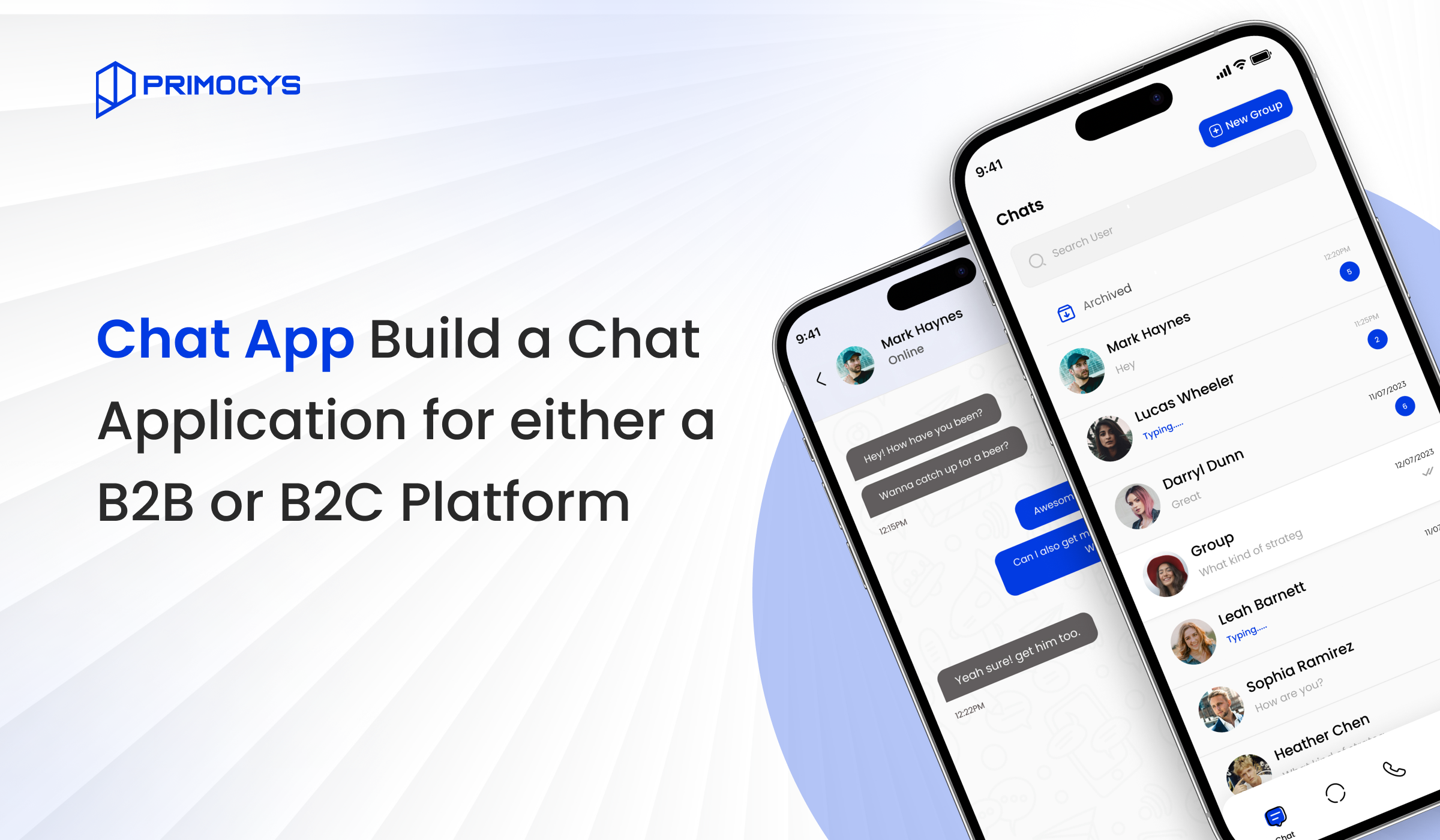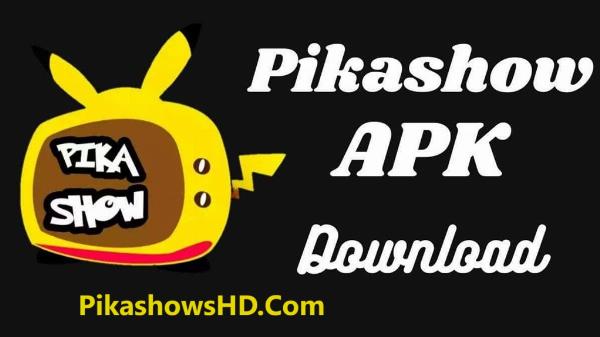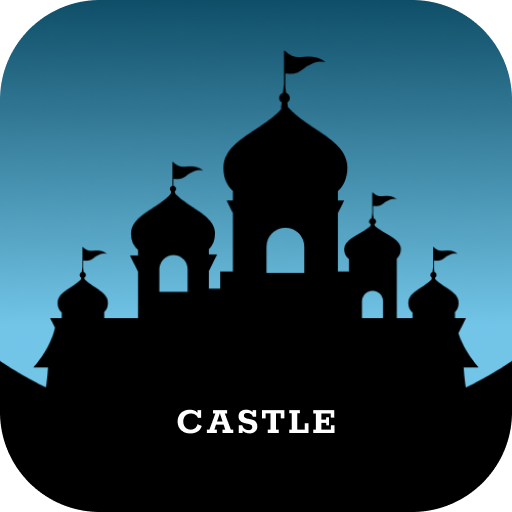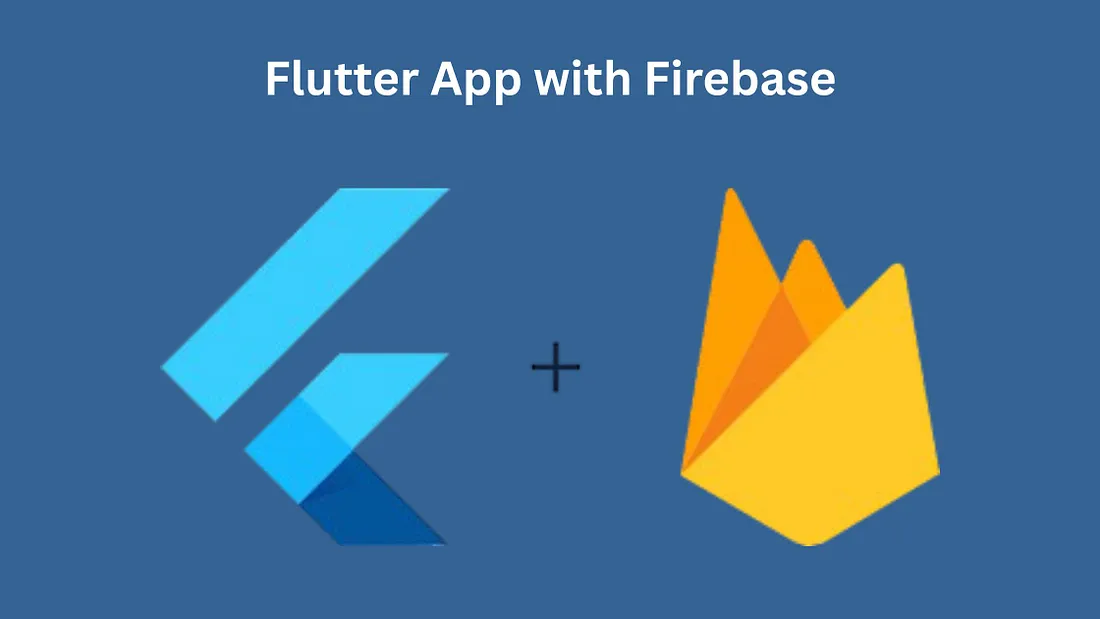Chat App: Build a Chat Application for either a B2B or B2C Platform

Strong 8k brings an ultra-HD IPTV experience to your living room and your pocket.
In today’s digital landscape, seamless communication is essential for business success. Whether for B2B (business-to-business) or B2C (business-to-customer) platforms, an efficient chat application enhances user engagement, improves customer service, and drives sales. Chat App is designed to meet the communication needs of both B2B and B2C environments, offering a robust, scalable, and user-friendly chat solution.
This blog post will explore the development of a chat application called Chat App, focusing on its features, target audience, and the steps involved in its creation.
The Importance of Chat Applications in B2B and B2C
Chat applications enable real-time communication, allowing users to connect instantly via text, voice, or video. They are essential for enhancing customer support, team collaboration, and sales growth. The emergence of messaging platforms has changed business interactions with clients, making it crucial for companies to implement effective chat solutions.
Why B2B Needs Chat Applications
1. Instant Communication: Companies that work with partners, suppliers, and distributors need swift and efficient communication to finalize deals, share documents, and discuss projects.
2. Collaboration & Productivity: Teams can collaborate on projects, exchange real-time updates, and manage tasks more effectively.
3. Customer & Vendor Interaction: Facilitates direct communication with vendors, promoting transparency and efficiency in supply chain management.
4. Data Security & Compliance: Effective communication safeguards sensitive business information, ensuring it remains confidential.
Why B2C Needs Chat Applications
1. Customer Support: Instant chat support improves the customer experience by offering rapid responses to inquiries and resolving issues quickly
2. Marketing & Engagement: Companies can connect with customers by sending personalized messages, special offers, and updates.
3. Transaction Assistance: Chatbots are capable of assisting users with purchasing decisions, guiding them through payment processes, and providing after-sales support.
4. Community Building: Brands can establish groups or forums for customers to engage, ask questions, and foster loyalty.
Differentiate B2B and B2C Chat Applications?
Chat App: Features & Functionalities
1. Real-Time Messaging
Chat App provides instant communication with very low latency. Whether for internal discussions, customer inquiries, or vendor interactions, messages are sent and read in real-time.
2. AI-Powered Chatbots
To improve customer service and automation, The Chat App incorporates AI-driven chatbots. These bots are capable of:
- Answer frequently asked questions.
- Provide product recommendations.
- Process orders and bookings.
- Offer 24/7 assistance, reducing customer service workload.
3. Multi-Channel Integration
Chat App integrates seamlessly with various platforms, including:
- Web & Mobile Apps: Available on Android, iOS, and web browsers.
- Social Media & CRM: Connects with Facebook Messenger, WhatsApp, Instagram, and business CRM tools.
- E-commerce Platforms: Integration with Shopify, WooCommerce, and Magento ensures seamless interaction with customers.
4. Secure & Encrypted Communication
Security is a top priority. Chat App employs end-to-end encryption to ensure that all messages, voice calls, and file transfers remain confidential. It also complies with GDPR and other data privacy regulations, safeguarding user information.
5. Voice & Video Calls
n addition to text messaging, Chat App provides high-quality voice and video calls, facilitating virtual meetings, customer consultations, and product demonstrations for businesses.
6. Group Chats & Channels
Chat App facilitates group chats for team collaboration and broadcast channels for businesses to send announcements, product updates, and promotional messages.
7. File Sharing & Media Support
Businesses can share important documents, images, videos, and PDFs directly in the chat interface, ensuring efficient workflow and communication.
8. API & Webhooks for Customization
For businesses needing a customized solution, Chat App offers a developer-friendly API and webhooks, enabling seamless integration with existing applications and third-party services.
9. Chat History & Cloud Backup
All conversations are automatically saved to the cloud, preventing data loss. Businesses can access chat history for reference, audits, and analysis.
10. Multi-Language Support
Chat App offers support for multiple languages, allowing businesses to communicate effectively with customers and partners in various regions.
Steps to Build a Chat Application
Step 1: Define Your Requirements
Before development begins, outline the key functionalities needed for your chat app. Define if it will be a B2B, B2C, or hybrid solution. Identify the target audience and their preferences.
Step 2: Choose the Right Technology Stack
Selecting an appropriate technology stack is crucial for optimizing the efficiency and scalability of your chat application. Here’s a suggested stack:
Frontend: React Native, Flutter (for cross-platform apps), Swift (iOS), Kotlin (Android)
Backend: Node.js, Django, or Firebase
Database: MongoDB, PostgreSQL, or Firebase Realtime Database
Messaging Protocols: WebSockets, MQTT
Cloud Storage: AWS S3, Google Cloud Storage
AI & Chatbots: Dialogflow, IBM Watson, GPT-4
Security: SSL/TLS, OAuth, JWT
Step 3: Develop Core Features
The development phase involves implementing the essential features, such as:
- User Authentication – Secure login and user verification.
- Real-time Messaging – WebSockets or Firebase Firestore for instant communication.
- Multimedia Support – Implement APIs to allow file sharing.
- Push Notifications – Firebase Cloud Messaging (FCM) for instant alerts.
- Chatbot Integration – AI-driven bots for automated responses (for B2C models).
- Business Tool Integrations – CRM and ERP system connectivity (for B2B models).
- Encryption & Security – Implement end-to-end encryption using AES or RSA algorithms.
Step 4: UI/UX Design
A well-designed chat application provides a seamless user experience. Focus on:
- Simple and intuitive navigation
- Dark/light mode themes
- Quick access to chat history and attachments
- Customizable user settings
Step 5: Testing & Deployment
Before launching, ensure that you thoroughly test the chat app for the following:
- Performance – Speed and responsiveness
- Security – Data encryption and protection against breaches
- Compatibility – Seamless operation across devices
- Scalability – Ability to handle a growing user base
Benefits of Chat App for B2B & B2C Platforms
For B2B
Streamlined collaboration between teams and partners
Faster decision-making and project management
Secure and encrypted communication for confidentiality
For B2C
Enhanced customer engagement and support
Improved sales and lead conversion
Personalized customer interactions with AI-driven insights
Future Trends in Chat Applications
As technology evolves, several trends are shaping the future of chat applications:
AI Integration: Advanced AI will create more sophisticated chatbots that can handle complex queries and provide personalized experiences.
Voice Messaging: The increasing popularity of voice assistants may result in more voice messaging being used in chat applications.
Omnichannel Communication: Businesses will increasingly implement omnichannel strategies that unify various communication platforms for a seamless experience.
Conclusion
Creating a B2B or B2C chat app like WhatsApp involves careful planning, selecting the right technology stack, and integrating essential features. Whether the goal is business collaboration or customer engagement, an effective chat application enhances communication, boosts productivity, and fosters business growth.
By following a structured approach, utilizing AI, and ensuring robust security, businesses can develop a future-proof chat platform that meets their needs. Start developing your Chat application today to transform digital communication!
Note: IndiBlogHub features both user-submitted and editorial content. We do not verify third-party contributions. Read our Disclaimer and Privacy Policyfor details.







